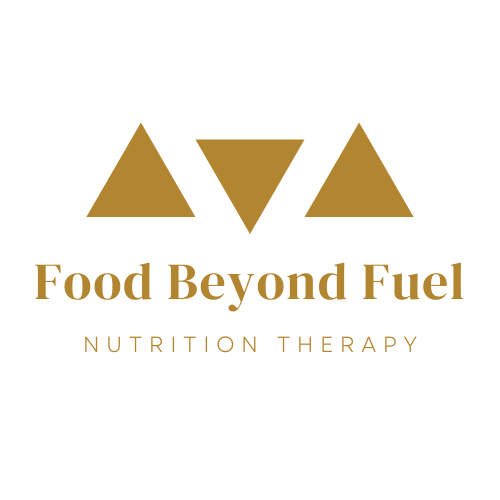Eating Disorders: Know the Facts
Eating Disorder Awareness week has come to an end, but the need to continue spreading awareness and cultivating change is more essential than ever.
People that struggle with eating disorders are everywhere - in your workplace, home, school, team, and friend groups. Often times, you may not even know someone is suffering because this sickness does not have one look, despite what our culture portrays: “thin, white, female.” In reality, only 20% of people struggling, fit the “emaciated body stereotype.” This stereotype creates gaps in care, several people going undetected, and pain/invalidation in those suffering in body’s that they don’t feel look “sick enough.”
Deb Burgard addresses this gap in care with a really CRUCIAL statement that every one of you needs to hear: “what people prescribe for fat people is what they diagnose as an eating disorder in thin people.”
The Academy of Nutrition and Dietetics continues to put out recommendations that encourage EXTREME calorie restriction for people in larger bodies. Despite the overwhelming evidence, they FAIL to recognize that their recommendations are a huge contributing factor to more and more people developing eating disorders. The more people and professionals that take a stand to use a weight-inclusive and health at every size approach in ALL areas of their work, the more people that will experience healing, health, acceptance, and life.
Given that there is a wealth of misinformation, let’s challenge these perceptions with the facts. I invite you to empathize, be curious, and let what your learn influence how you view and interact with others.
At least 70 million worldwide suffer from an eating disorder. This number is “diagnosed” and is not counting those that…don’t have access to care, have not been detected, or do not meet all the “criteria” to have a diagnoses.
Eating disorders happen in all body sizes - including anorexia. The misconception that severe restriction = weight loss is not true. Many people in larger bodies may feel like when they eat “normally” it is a binge, or that they have “failed” their diets over and over again. Restriction has detrimental mental and physical effects on all body sizes.
Eating disorders are not always tied to body image. They are extremely complex and often take root as a coping mechanism for other struggles going on related to mental health, finances, environment, trauma, food access, health access, etc.
Focusing on weight loss in those with binge eating disorder perpetuates harm and stigma. Weight loss should NOT be the focus of ANY eating disorder treatment
Dieting is one the the biggest risk factors in developing an eating disorder… the younger one starts a diet, the more likely they are to develop a life threatening eating disorder.
Puberty and menopause: we MUST change our conversations and perceptions around these times. Children’s bodies NEED to change, stop pathologizing it. It is normal and needed for children to change in weight and shape to develop. AND women going through menopause: the body seeks PROTECTIVE weight gain. It is difficult to avoid weight gain and putting the pressure on women to avoid this or acting like there is a way to eat or move that will prevent it is harmful and incorrect.
There’s so much more to the story, always. There’s more to learn and more to unpack. If you or someone you know is struggling with an eating disorder, the road is going to be challenging. To start recovery, a support system is essential. Access to treatment teams is essential. Access to medical care is essential. Messages that are not stigmatizing are essential. Messaging that does not perpetuate dieting and body ideals is essential. We live in a world that is oppressive and many people do not have access to these things.
My mission is to be an active participant in creating change. I commit to doing my best to recognize and challenge my own biases and the ways I contribute to the oppression, harm, and disordered messaging. I will fight to create spaces that’s are accessible, inclusive, collaborative, and hopeful. To anyone out there struggling, you are worth the fight.
